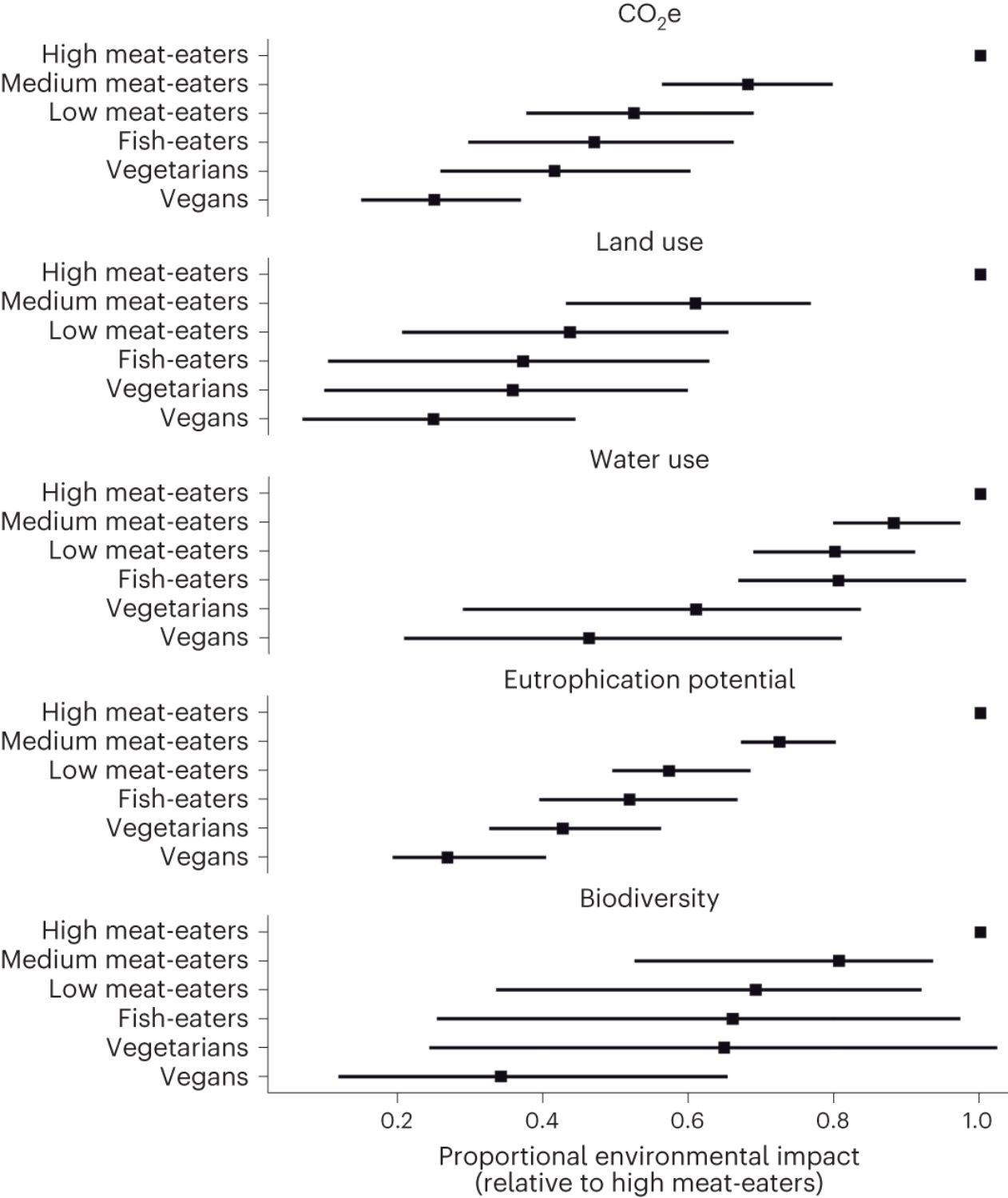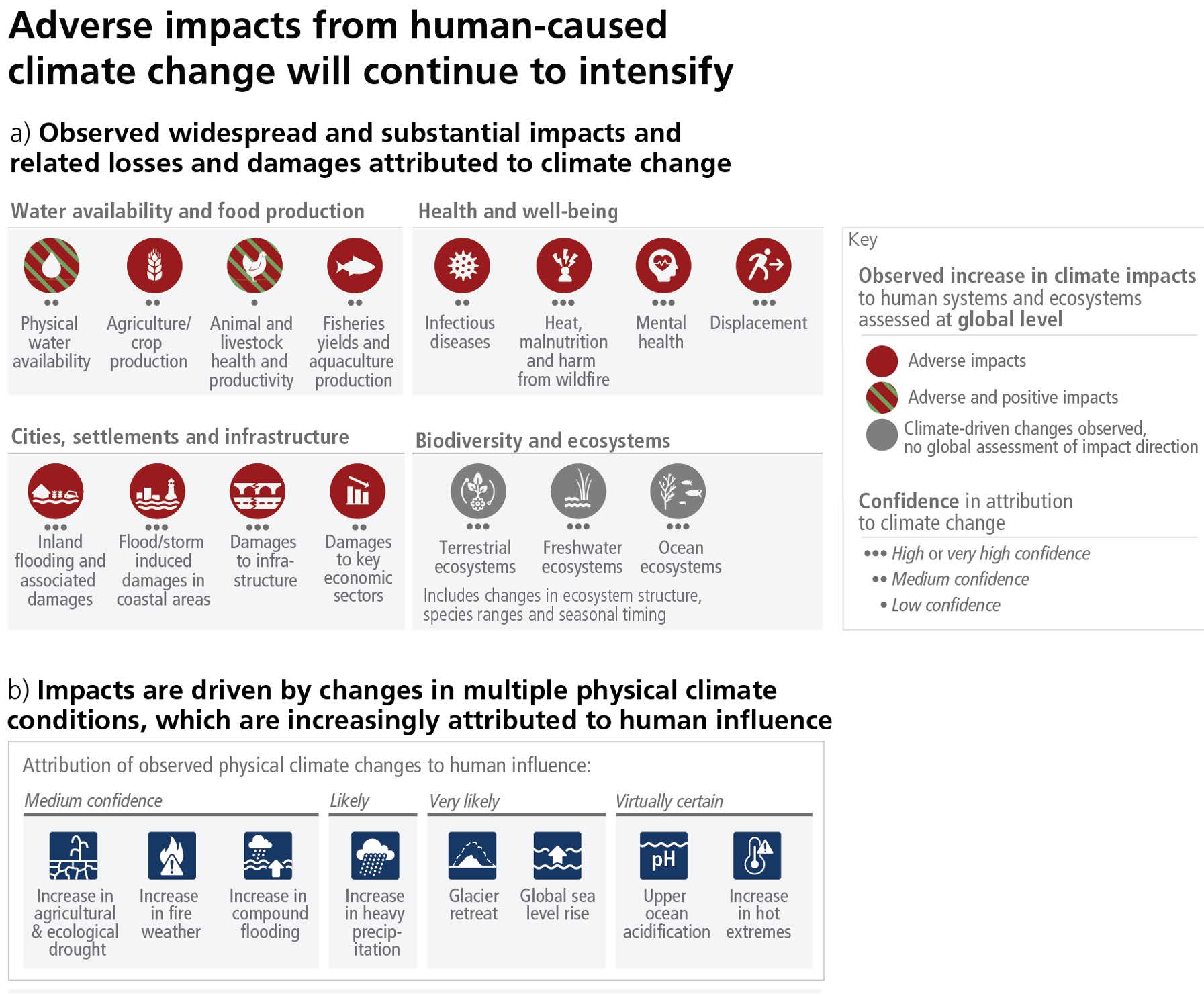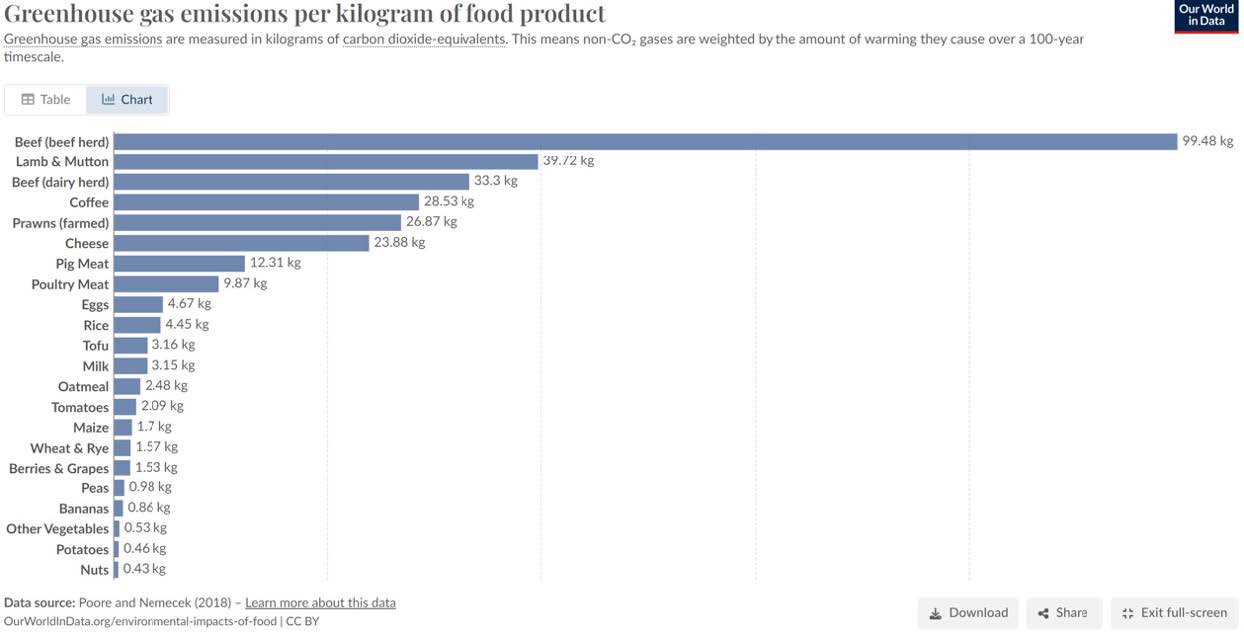If you could adopt one behavior that would improve your health, enhance animals’ wellbeing, and protect our planet for future generations, would you?
Since most of us want to be healthy, reduce suffering, and ensure a livable future for our families, I guess that you would! Now, what if that behavior was adopting a plant-based diet?
Suddenly, we may feel fearful or sad; like we’re giving up an important piece of ourselves. Such as culture, tradition, social expectations, taste, familiarity, or ease. These feelings are a normal reaction. With a little knowledge and perspective, they can also change to empowerment, confidence, and contentment.
After 6 years of thriving on a plant-based diet and working through international and government organizations to halt climate change, I hope to convey why this is the most pressing issue of our time, how a plant-based diet can significantly combat climate change, and to equip you with actionable, local resources to begin eating more plants and fewer animal products.
Why is it worth reversing climate change?
Protecting the environment isn’t just for the environment’s sake. Each of us depends on the natural resources around us. The survival of our nieces, nephews, kids, grandchildren, and great grandchildren pivot upon having potable water, global temperatures within a finite range, predictable weather, clean air, adequate growing seasons, and a paucity of natural disasters. We seek to reverse climate change so that humans don’t go extinct.
Unfortunately, irreversible damage is occurring as you read this. The world’s leading scientists, the Intergovernmental Panel on Climate Change, emphasized in their most recent report that, “Human-caused climate change is already affecting many weather and climate extremes in every region across the globe. This has led to widespread adverse impacts and related losses and damages to nature and people.” The image from the IPCC displays such impacts. They go on to say, “There is a rapidly closing window of opportunity to secure a livable and sustainable future for all.”
There is hope
While climate change is a global issue that requires systemic change, we as individuals can still make a difference. In fact, we must ultimately change our behaviors if we want to leave a livable world for our great grandchildren.
Shifting towards a plant-based diet is one of many behaviors that help reverse climate change while even promoting health and preventing the unnecessary death of billions of animals annually.
A study published in Nature in 2023 assessed the dietary environmental impact of vegans compared to high-meat eaters. A vegan, or fully plant-based diet, caused a fraction of the environmental damage compared to that of meat eaters as seen in the visual below. 
To explore comparable data for yourself, check out the interactive graph from Our World in Data. You can add food products and change the environmental impact assessed on their site.
Another study published in Nature found that by 2050, if 50% of the most consumed animal products globally (pork, chicken, beef, and milk) are substituted for plant-based foods, that deforestation would almost fully halt, and greenhouse gas emissions from agriculture and land use would decline by 31%.
You may be wondering, why do animal products have such a negative environmental impact? In short, they entail a much more energy-intensive process. They require more: land to live on and move their waste to (eutrophication); water to drink, grow their feed if crop-fed, and to process their dead body parts; resources devoted to nourishment in the form of crops that could have been directly consumed by humans, or in the form of grass/pasture, which increases land use (albeit, not all land can be used for crops). Furthermore, through their belches, ruminant animals like cows, goats, and sheep emit methane; a greenhouse gas that is 28 times more potent than Co2 at trapping heat in the atmosphere (hence their top position on the above graph). Non-meat animal products like milk, cheese, yogurt, and eggs still take a heavy toll on the environment because they require most of the above processes.
Now that we have abundant evidence that a plant-based diet is beneficial for biodiversity, land use, water, and reversing climate change, how do you start eating more plants?!
Luckily…
The Pikes Peak Region is a plant-based powerhouse!
From delicious vegan restaurants to plentiful options at grocery stores to local vegan meetup groups, we are surrounded by support to transition to a more plant-based lifestyle.
Wren Almitra, a resident of Manitou Springs and vegan for 21 years, organized the El Paso County Vegan Meetup Group to build connections and “offer a space for folks to interact with and learn about plant-based eating and issues that I think go hand in hand with veganism—from animal welfare, to environmental, racial, and social justice, to the climate crisis. The hope for the group is for people to find a place to enjoy good food, company, and learn something new along the way.”
The group convenes at fundraisers for animal welfare organizations, meals at vegan restaurants, garden and music events, potlucks, trivia nights, and more.
Wren emphasizes that it’s okay to start small by incorporating one fully plant-based meal per week, for example. It can also be helpful to consult a plant-based nutritionist and speak with others who have been vegan for a while.
Restaurants
Among the many vegan-friendly restaurants in the area, The Burrowing Owl and Ferns Diner are a couple of my favorites. Cody Rilo and Tyler Schiedel started these restaurants because few vegan options existed, and they wanted to avoid contributing to animal suffering. Tyler believes that “every being is born free with natural rights, meaning everyone has the right to its own freedom to live.” Meanwhile, Cody appreciates that “even if I’m vegan only for the animals, it positively affects the environment, world hunger and my health.”
At The Burrowing Owl, Cody recommends trying the Ranchos, made from delicious queso, taco mix, and spicy jalapenos. At Fern’s, try the TuNah Melt made from chickpea salad, “bacon”, mayo, and Texas Toast.
That’s right, you can enjoy cheesy nachos and a tuna/bacon melt without the animal products (or death), and a 75% lower carbon footprint!
If you’re reluctant to give up your burgers and shakes, then Santana’s Vegan Grill is your dream come-true! The friendly staff serve plant-based burgers, burritos, pizza, “chicken” strips, grilled cheese, tots, ice cream and more.
Lastly, grocery stores have plentiful plant-based options for your day-to-day needs. At Costco, you can buy bulk beyond meat patties, vegan protein powder, tofu, oats, rice, frozen veggies, berries, milk alternatives, tortillas, hummus, guac and more. King Soopers has vegan cheeses, pizza dough, yogurt, frozen pizza, and frozen prepared meals to name a few. Trader Joes offers unique finds such as spicy baked tofu, vegan sausage, seitan (a delicious, high-protein option), tempeh (super healthy Indonesian protein), vegan cheese, and more.
Eat good, do good
Do you still feel like going plant-based will force you to give up taste, tradition, familiarity, or ease? This certainly doesn’t have to be the case – but even if it were, isn’t it worth it to preserve our world for future generations, protect animals, and live a longer life? I hope this column has helped you gain comfort and excitement around eating more plants!
Ronnie Sullivan is a Kansas native, where he was active in 4-H and FFA: raising and showing rabbits, chickens, ducks, pigs, dogs, and pigeons. He earned a B.S. in International Agribusiness from Kansas State University, then served as a Peace Corps Volunteer in Paraguay for two years, working alongside community members. Next, he earned a Masters in Global Human Development and Climate Action from Georgetown University. He has worked towards reducing global poverty and reversing climate change through global organizations such as the World Bank, Save the Children, the NDC Partnership, and currently, the United States Agency for International Development where he manages a public website full of climate change resources, and develops trainings for staff around the world. Ronnie became vegan in June 2018 for the health benefits and athletic performance, though he now values primarily the positive impact on animals and the environment. On a plant-based diet, Ronnie has ran a 36-mile ultramarathon, and enjoys improving his fitness everyday through CrossFit.



